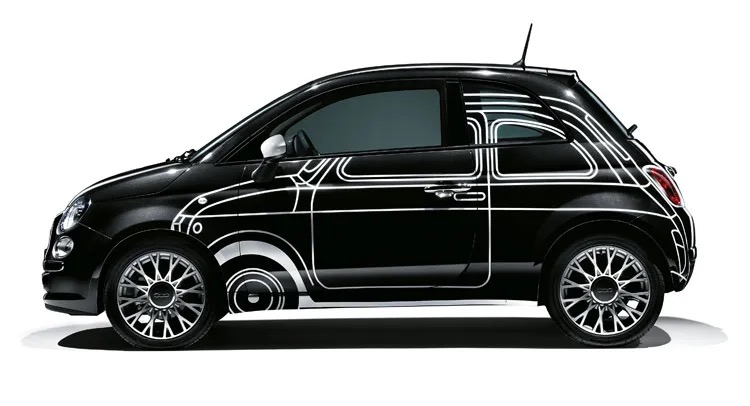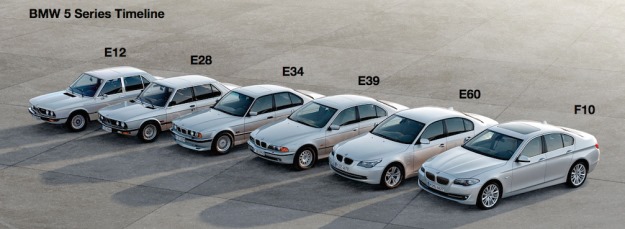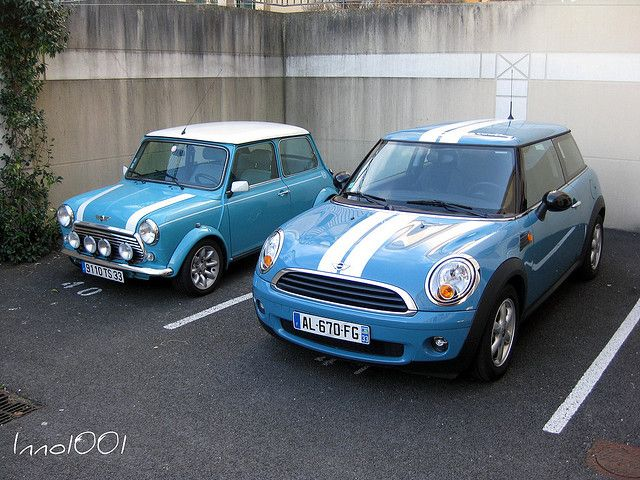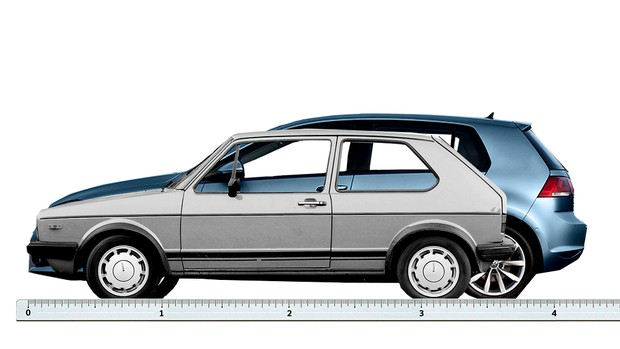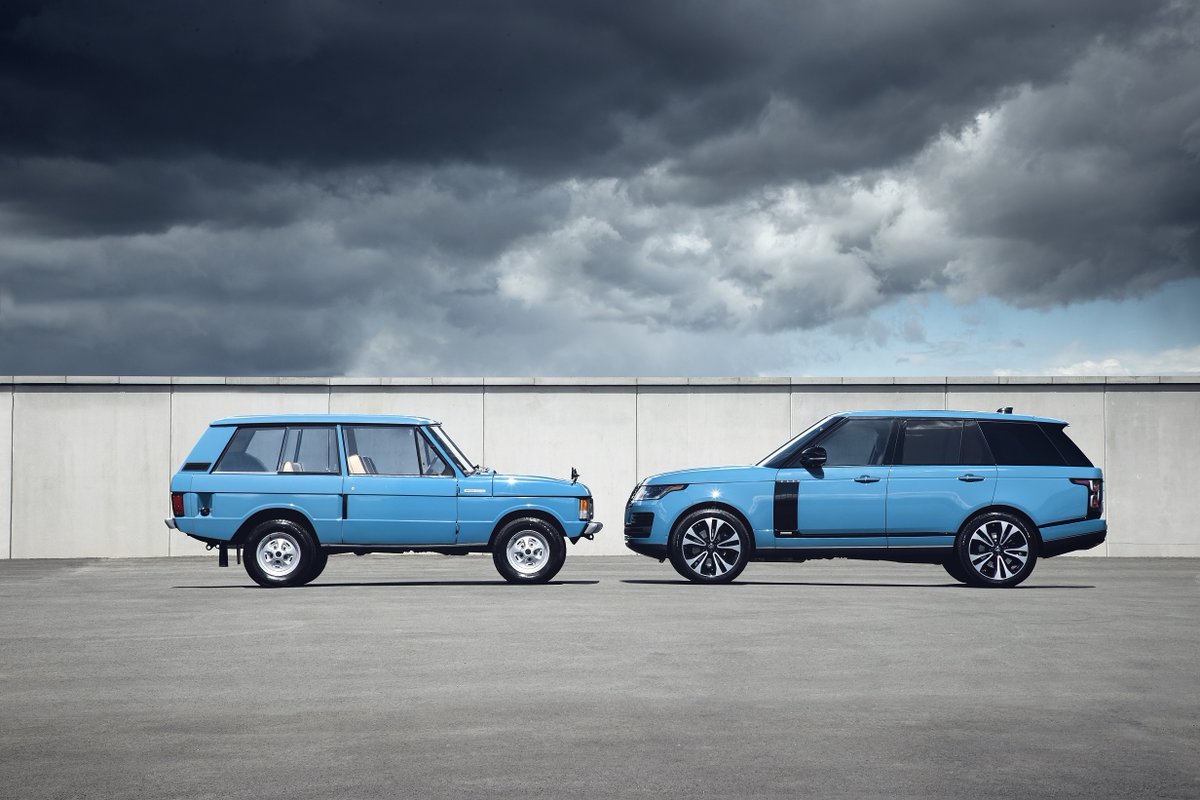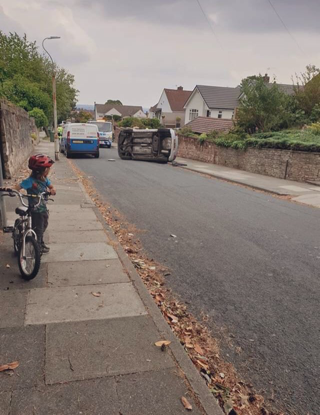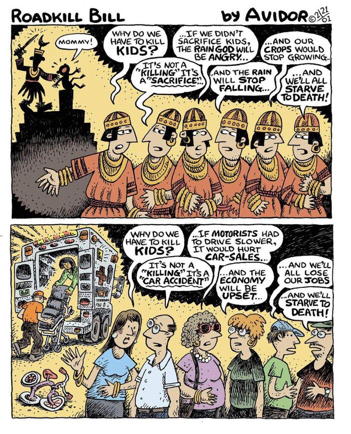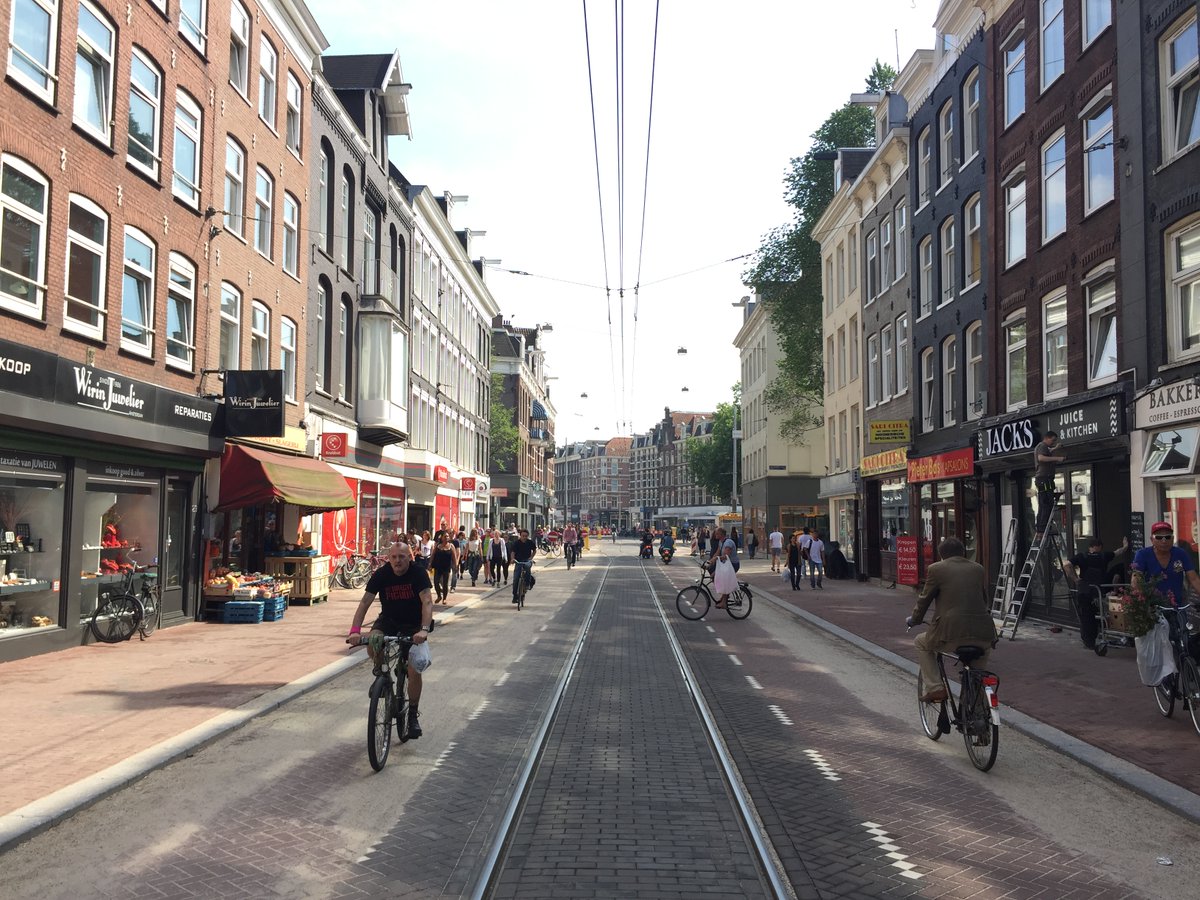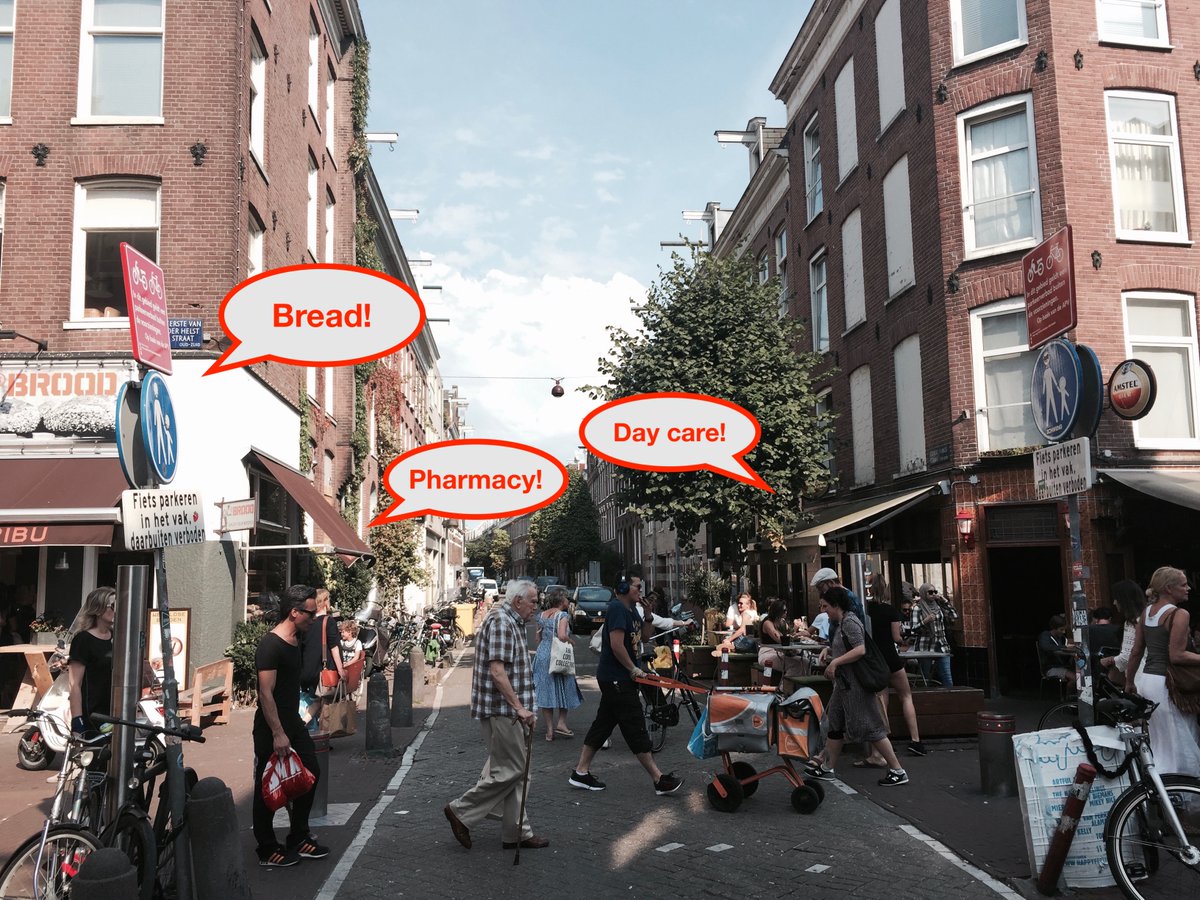
“Any intelligent fool can make things bigger and more complex. It takes a touch of genius - and a lot of courage - to move in the opposite direction.”
~E.F. Schumacher
A developing collection 🧵...
(pics from 'A short history of innovation' by @efesce)
~E.F. Schumacher
A developing collection 🧵...
(pics from 'A short history of innovation' by @efesce)
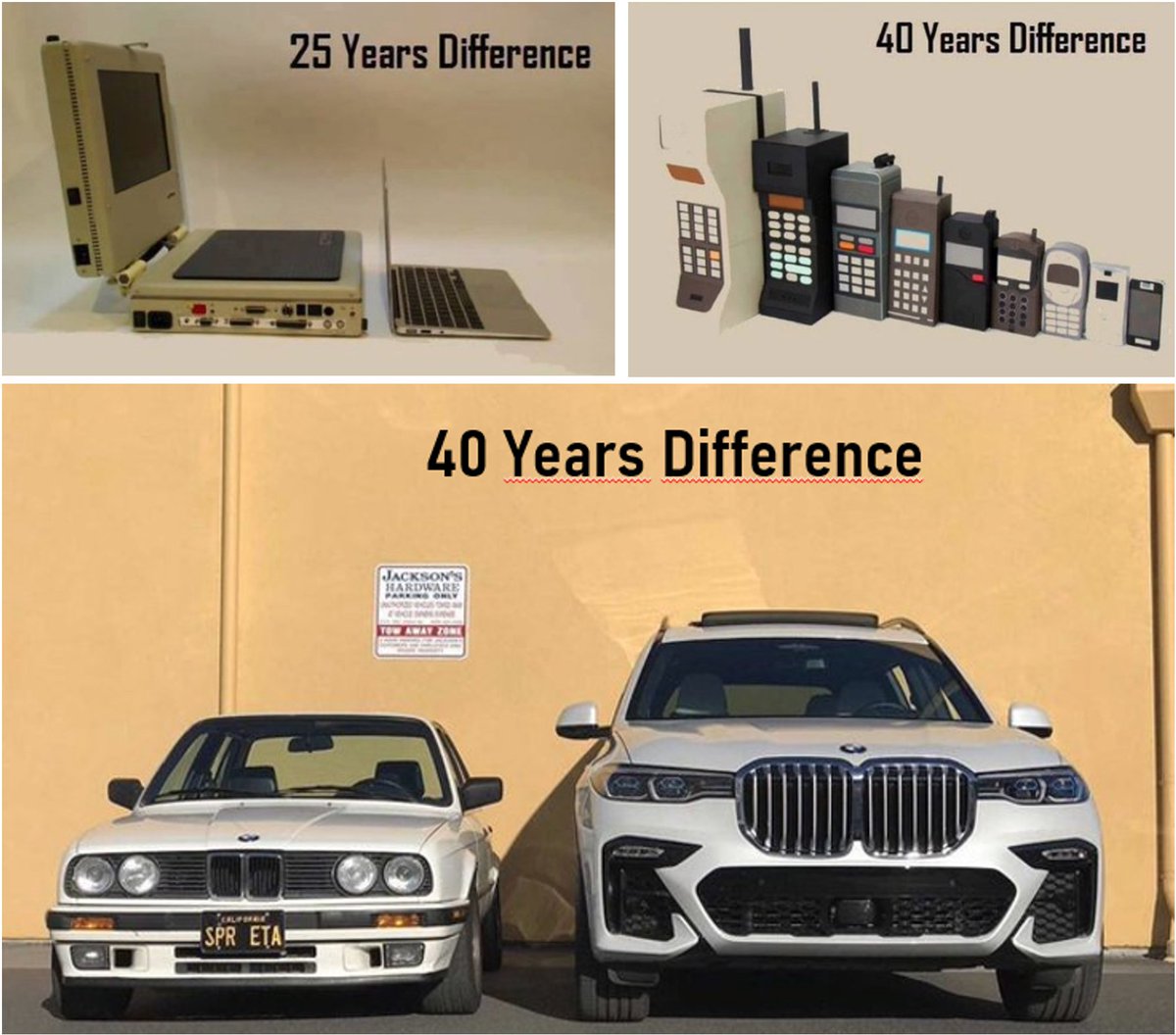
• • •
Missing some Tweet in this thread? You can try to
force a refresh

